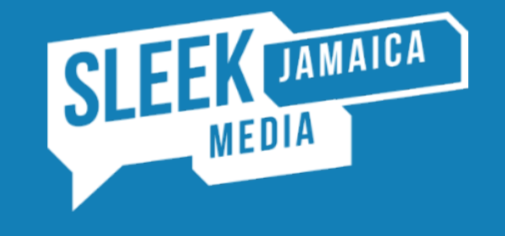If you’ve heard Popcaan’s song “Firm and Strong” in the hit US drama”Power” or Busy Signal’s “Stay So” on the Netflix-produced Britsh sci-fi film “The Kitchen,” it was arranged through “sync” deals. With the economic opportunities through such deals, we explore what they are and how they work.
What is Music Sync?
Music synchronisation, or “Sync” for short, is a process where songs are combined with moving images such as film, Television series, advertisements, video games, etc, as per Sales and Operations executive Tyler Schrub.
Sync deals are usually organised between a publisher and the music supervisor of a production to discuss what aspect of the content will be used, length of usage and compensation.
How Sync Deals are arranged?
The material- songs or compositions are pitched to music supervisors of the productions (films, shows), who will then decide what will be used in the project(s).
While film and TV account for a large volume of sync deals, music in video games is also licensed through “syncs.” For Instance, Koffee‘s song “Pull Up,” which was used in the soundtrack of Grand Theft Auto 5 (GTA V), would have been facilitated via a sync deal.
Beneficiaries of Sync deals
The beneficiaries from such deals are owners of the “masters” or rights owners of the respective productions. In a lot of cases, the record labels are reported to benefit the most from the deals. However, artistes, writers and producers also earn significantly based on their percentage or royalty split in the track’s ownership.
Sync Fees
Sync fees or rates are payments made to the songwriter or music publisher for permission to use a song with respective visual productions such as movies, commercials, shows, etc.
The fees are typically a one-time payment directly to the rights owner for the time of use.
The amount paid for syncs is based on several factors, such as the song’s popularity, the notoriety of the artiste and how long it will be used.
For Instance, Shaggy would be able to leverage his status to negotiate for a substantially higher sync fee for the use of his songs than a lesser established artiste.
International super producer Timbaland also spoke about the value of earning from sync deals.
Sync deals can often provide more lucrative immediate returns than music sales based on the agreement. Namely, if the track is reused across platforms and reproduced in any visual format, the rights owner is entitled to a royalty fee, according to Annara Publishing.




